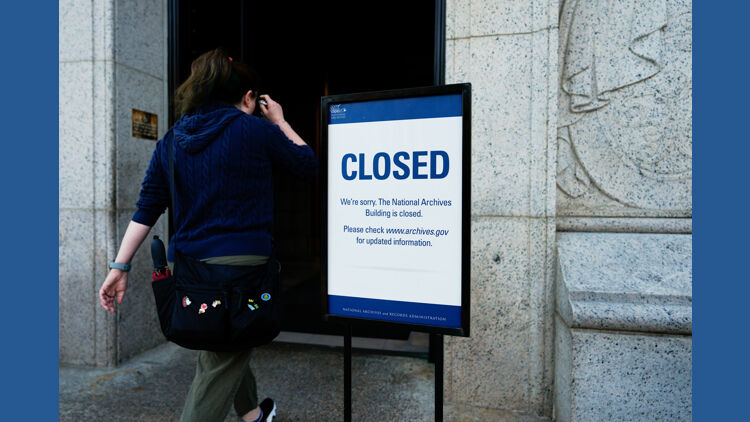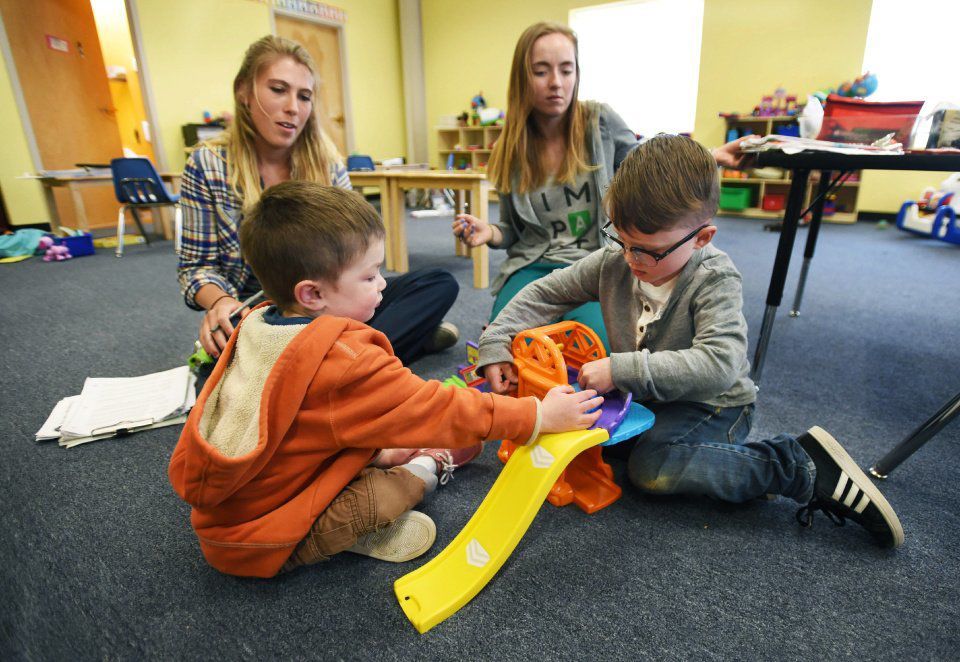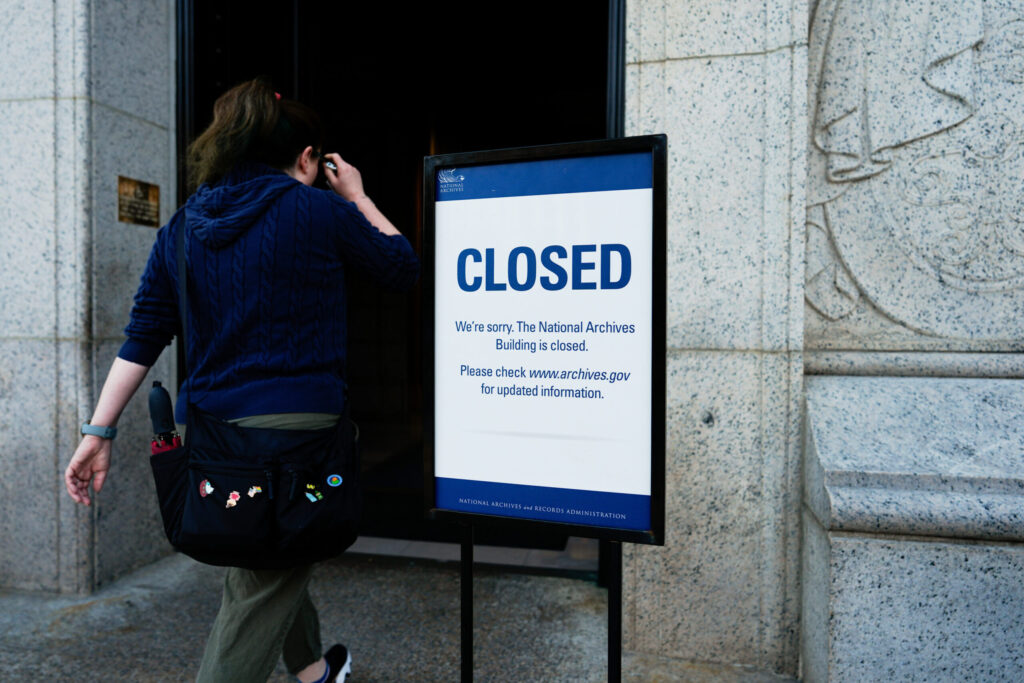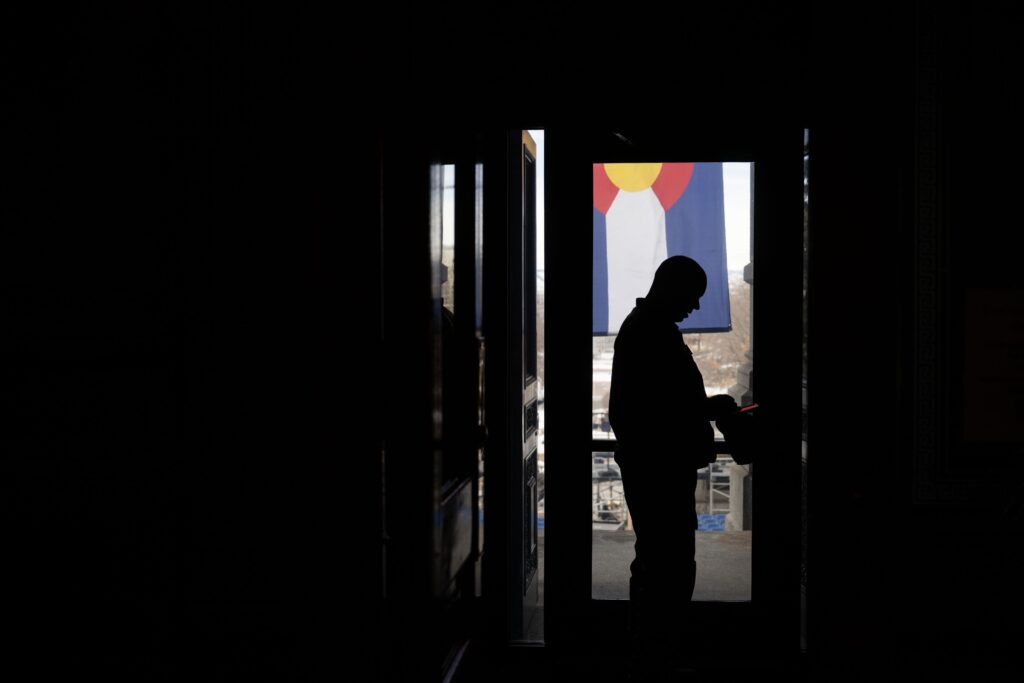Without companion legislation, Colorado budget is out of balance

The $26.8 billion state budget has passed both chambers, but it is out of balance without further action by the legislature.
When the House on Monday passed the annual spending plan on a vote of 38-27, with the majority of Republicans opposing the so-called “Long Bill,” it delayed passage of a handful of “orbital” bills that accompany the budget.
The most significant of the measures is Senate Bill 256, which would reduce revenue generated from the Hospital Provider Fee by $264 million.
The idea is to prevent the state from hitting its spending limit, thereby freeing money for programs and services. The fee is assessed on patient stays to force a match of federal health care dollars. Some rural hospitals say they would close as a result of the maneuver. With the federal match, hospitals in Colorado stand to lose about $528 million.
Without passage of the legislation, much of the work accomplished by the Joint Budget Committee would be thrown into flux, pushing the budget out of balance.
“We can’t delay this thing forever and we also can’t end up at the end of the year half-a-billion dollars out of balance. That would not be a good thing,” said Sen. Kent Lambert, R-Colorado Springs, chairman of the Joint Budget Committee.
The House, which is controlled by Democrats, delayed votes on the budget orbital bills until Wednesday. Observers say the delay is meant to give other pieces of legislation addressing a restructuring of the Hospital Provider Fee and transportation funding a chance to advance.
A bipartisan bill is scheduled to be heard on Tuesday that would restructure the Hospital Provider Fee as an enterprise fund, or government-owned business, while also lowering the overall base of state tax revenue to protect taxpayer rebates.
By exempting the fee from contributing to the state’s spending cap, a more permanent stream of revenue would be available to balance the budget and invest in programs and services.
In the past, Republicans have rejected proposals to restructure the fee. But by lowering the overall base of state tax revenue – by $670 million – conservative lawmakers can feel as if they are preserving taxpayer rebates under the Taxpayer’s Bill of Rights, so there is some optimism that a solution will be reached this year.
Meanwhile, a centerpiece transportation funding bill is also scheduled to be heard in committee on Tuesday. The legislation would raise the state sales tax by 0.62 percent to raise nearly $700 million per year for roads and highways.
Both bills, however, have uncertain paths in the legislature, so if those bills fail, especially the Hospital Provider Fee effort, then the legislature would have to act on the budget orbital bills, or fail in its duty to pass a balanced budget.
Also complicating the conversation is that the House passed 27 amendments to the budget, which has also left the Long Bill out of balance. Some of the amendments require funding that was not accounted for by budget writers.
The Senate must accept the House amendments. Any discrepancies would have to be worked out in conference by the Joint Budget Committee. But the conference committee is not likely to meet on the budget until the House acts on the orbital bills, which means outstanding issues would not likely be addressed until next week at the earliest.
“Until we know how much money we have to work with, you can’t really close out the Long Bill,” Lambert said. “We have to see what the plan is before we do too much to move it forward and pass it out of conference committee.
“It has taken them quite a while in the House to get this processed. We’ll just have to wait until the right time to close it out.”
Rep. Millie Hamner, D-Dillon, vice-chairwoman of the JBC, acknowledged that the legislature’s budget work is not complete.
“We need to figure out how to reinvest in our hospitals, particularly in our rural hospitals,” she said. “We need to figure out how to provide more funding and more resources for our critical infrastructure needs, particularly in the way of transportation.”
“We have a real opportunity in front of us to have a positive impact on every Coloradan,” added House Speaker Crisanta Duran, D-Denver. “Put problem-solving as a priority to ensure that we invest in our rural hospitals and that we come up with a bipartisan, statewide plan to be able to invest in transportation.”











